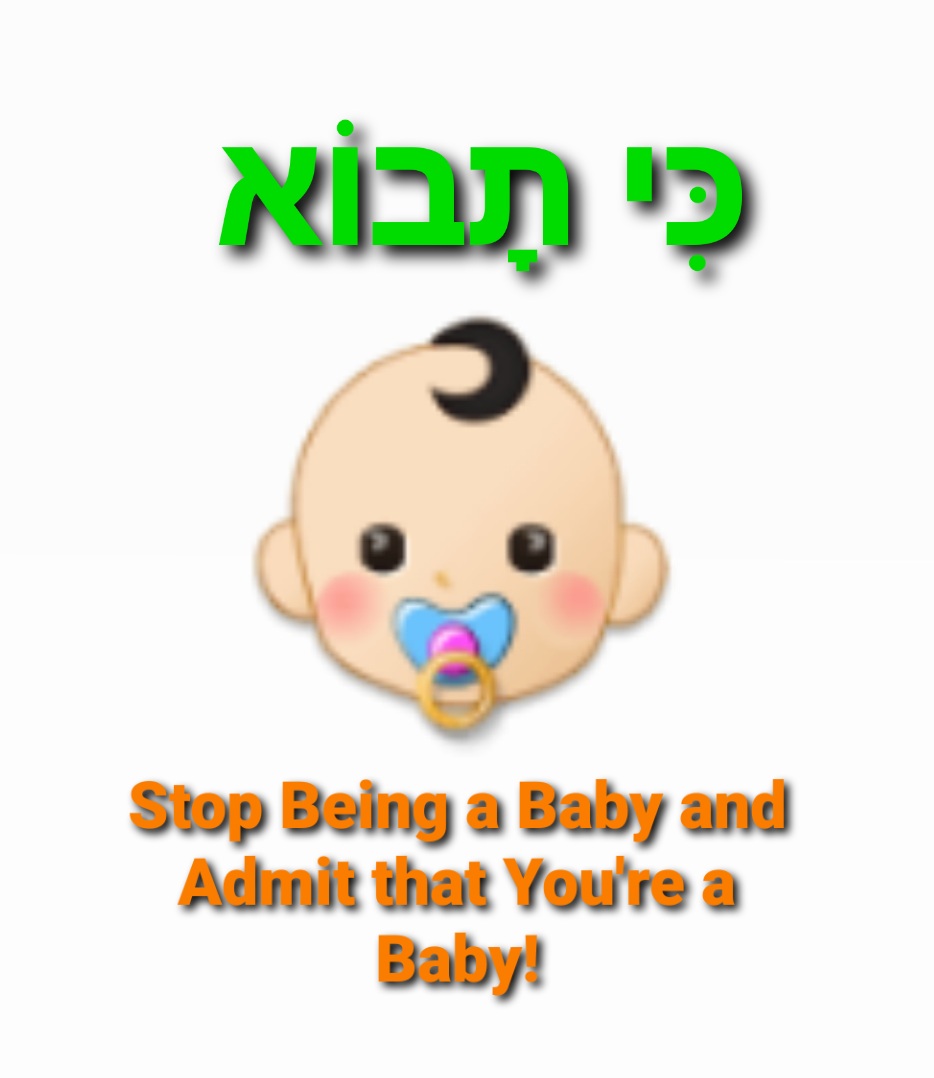This D’var Torah should be a Zechus L’Ilui Nishmas my sister, Kayla Rus Bas Bunim Tuvia A”H, my maternal grandfather Dovid Tzvi Ben Yosef Yochanan A”H, my maternal grandfather Dovid Tzvi Ben Yosef Yochanan A”H, my paternal grandfather Moshe Ben Yosef A”H, my uncle Reuven Nachum Ben Moshe & my great aunt Rivkah Sorah Bas Zev Yehuda HaKohein.
It should also be in Zechus L’Refuah Shileimah for:
-My father Bunim Tuvia Ben Channa Freidel
-My grandmothers Channah Freidel Bas Sarah, and Shulamis Bas Etta
-MY BROTHER: MENACHEM MENDEL SHLOMO BEN CHAYA ROCHEL
-Mordechai Shlomo Ben Sarah Tili
-Noam Shmuel Ben Simcha
-Chaya Rochel Ettel Bas Shulamis
-And all of the Cholei Yisrael, especially those suffering from COVID-19 and the Meiron tragedy.
-It should also be a Z’chus for an Aliyah of the holy Neshamos of Dovid Avraham Ben Chiya Kehas—R’ Dovid Winiarz ZT”L, Miriam Liba Bas Aharon—Rebbetzin Weiss A”H, as well as the Neshamos of those whose lives were taken by terrorists (Hashem Yikom Damam), COVID-19, and the Meiron tragedy.
-It should also be a Z’chus for success for Tzaha”l as well as the rest of Am Yisrael, in Eretz Yisrael and in the Galus.
בס”ד
For the rest of my audio content, please visit me at The DataBeis:
https://jewishpodcasts.fm/thedatabeis
כִּי תָבוֹא ● Ki Savo
“Stop Being a Baby and Admit that You’re a Baby”
Audio version:
https://jewishpodcasts.fm/thedatabeis/21638
Parshas Ki Savo is not just a Parsha HaShevuah, but its reading at this time fulfills a Takanas Ezra (Institution of Ezra) which states that the Tochachah, or the passage of Admonition in Sefer Devarim, should be read before Rosh HaShannah [Megilah 31B]. Why was this reading of the curses instituted at this time? “K’dei SheTichleh HaShannah V’Kilelosehah,” literally, “in order that the year should conclude and its curses” [Ibid.].
Now, what exactly does that mean? Perhaps it means that we should start the year off on the right foot and avoid reading curses at its start. But, that’s not exactly what the words mean. Once again, the goal is to conclude both the year and its curses. What is the meaning of that goal and how does the reading of the Tochachah accomplish that? The year is going to conclude automatically. But, its the Klalos or the curses, that we’re apparently worried about. When the old year exits, we want the curses to leave with it. But, how does the mere reading of the curses accomplish that?
The answer appears to be that there’s a link between the reading of the Klalos and the Klalos themselves. Indeed, the word “Klalah” can refer to the description of the curse or the manifestation of the curse itself. Similarly, the word “Mussar” can refer to the words of harsh reproof and admonition or it can refer to the manifestation of that harsh reproof itself, the trials that come with it.
Neither Klalah nor Mussar are pleasant, neither to listen to, nor to experience. But, if we had to choose between the two, we’d obviously choose the former. And perhaps, it’s for this reason that as unpleasant as it may sound, Shlomo HaMelech urges us, “Mussar Hashem B’ni Al Tim’as”-“The chastisement of Hashem, do not despise” [Mishlei 3:11]. No one particularly enjoys receiving Mussar. But, apparently, if we are receptive to the words of Mussar and humbly take the words to heart, that will be all that we need. We won’t need to experience the real thing.
It sounds babyish, but at the end of the day, who are we kidding? Are we perfect? Do we not need reminders of the Ratzon Hashem and how to fulfill it? Are we actually receptive to the words of Mussar? Or do we so often reject, shrug off, or even despise constructive Mussar? It’s actually the immature, juvenile and babyish part of us that doesn’t want to hear it. It’s the babyish part of us that needs to hear it. And it’s the adult part of us that should appreciate it and want to hear it. It’s the adult part of us that should be willing to admit that we too still have babyish tendencies and require improvement.
The Yomim Nora’im are marked by the tension of “Avinu Malkeinu,” that Hashem is both our loving Father on the one hand and our King of justice on the other. But, if one wants to earn the love of Hashem as his Father, the answer is to stop being a baby and admit that you’re a baby. Because at the end of the day, we are Hashem’s babies. He gives warnings because He loves us and wants what is best for us.
With that said, let’s not despise the Mussar of Hashem, no matter how He communicates it to us, and we should be Zocheh to that alone, that this year and its Klalos should conclude, and we should enter the new year with a Father Who is proud of us, so much so that He will send the Geulah, Bimheirah BiYomeinu! Have a wonderful Shabbos!
-Yehoshua Eisenberg

